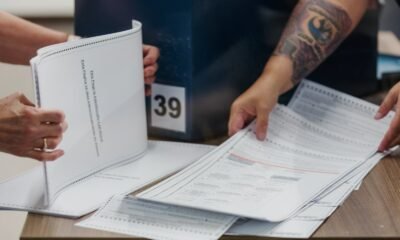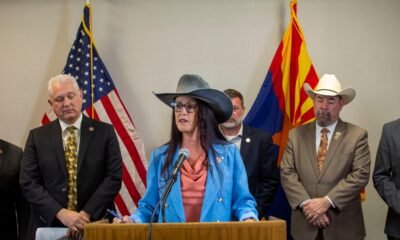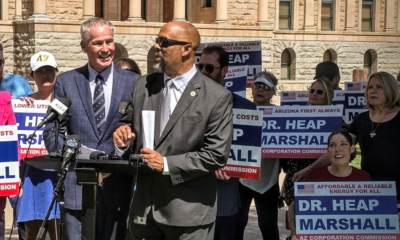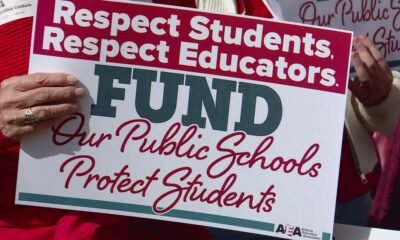arizona
Arizona Makes New Push to Guarantee Manual Election Result Audits
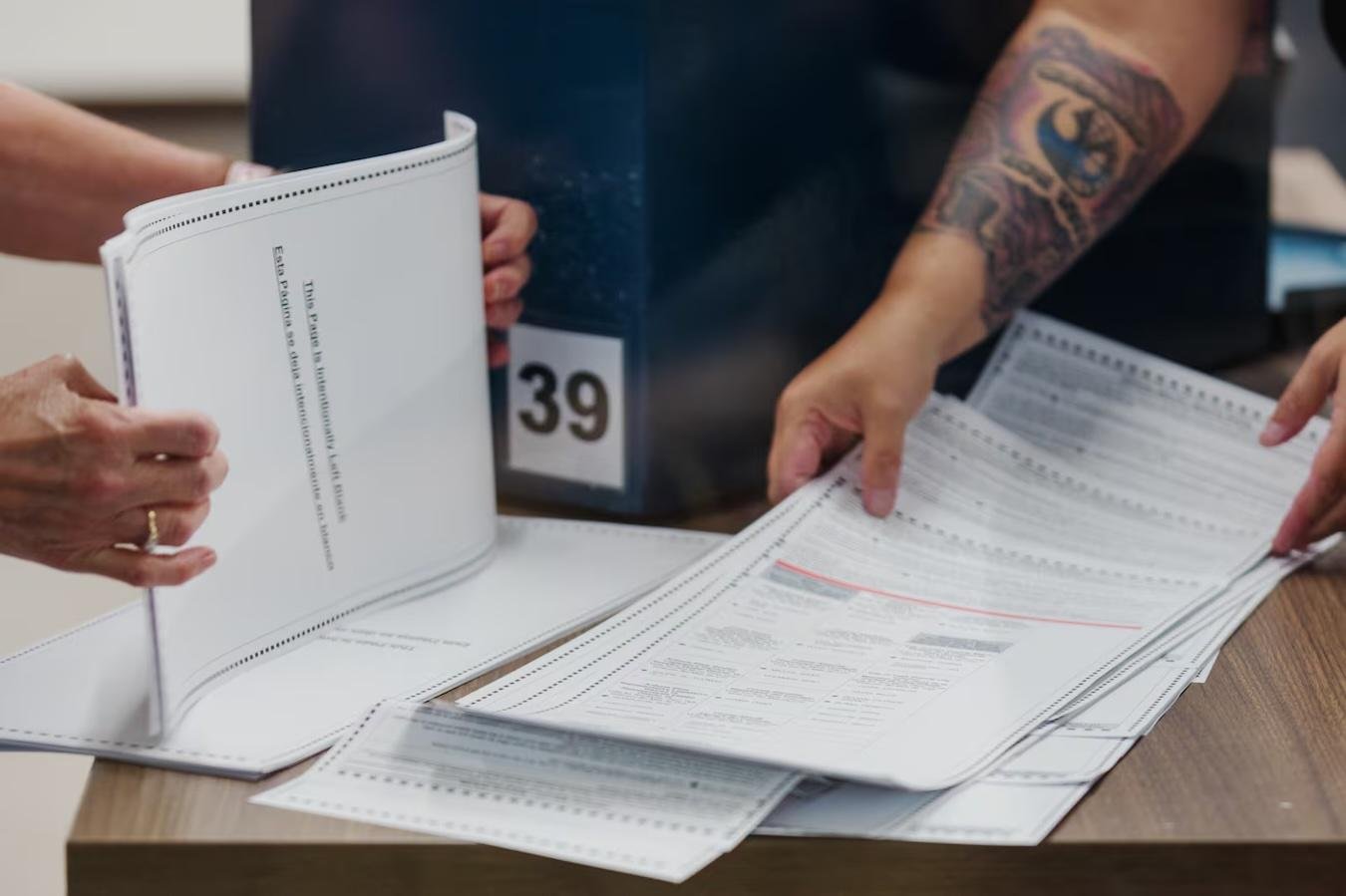
This article was originally published by Votebeat, a nonprofit news organization covering local election administration and voting access.
Concerns surrounding election integrity have led to a renewed focus on manual audits of results in Arizona. Many residents feel that these checks could bolster public confidence in election outcomes. State laws mandate that counties conduct audits, but compliance remains inconsistent.
Strict regulations govern the appointment of audit workers, which can lead to cancellations when requirements are not met. In response, lawmakers have sought to amend these laws to ensure county audits occur as intended.
Recently, Governor Katie Hobbs signed House Bill 2129, aiming to improve audit worker availability. This bill marks a rare instance where Hobbs, a Democrat, endorsed an election-related bill from the Republican-dominated Legislature. The legislation also includes minor adjustments to existing election laws, gaining backing from the Secretary of State’s Office.
However, the effectiveness of these changes is uncertain. Arizona mandates that major political parties must appoint workers to bipartisan teams to initiate audits shortly after polls close. If more than 75% of the workers from a single party attend, the audit is canceled, complicating the process significantly.
In contrast to Arizona’s regulations, many other states utilize county employees for audits without such stringent requirements. The involvement of political parties in Arizona, especially in smaller counties with fewer volunteers, poses a challenge to conducting audits, even amid heightened public interest in election transparency.
The November 2022 midterm elections saw several counties, including Apache, Graham, and La Paz, cancel audits due to inadequate bipartisan teams. This spurred the passage of Senate Bill 1342, which allows state party chairs to appoint workers if local parties fail to do so. The intention was to ensure that all counties could perform routine post-election audits, especially given the national attention on Arizona’s elections.
However, issues persist. According to Gina Swoboda, chairwoman of the Arizona Republican Party, last year’s legislation did not address instances where appointed workers failed to show up, leading to canceled audits in various counties. This year’s bill attempts to rectify that by introducing provisions for selecting workers from any party if initial appointees are absent, while still maintaining the 75% limit per party.
Even with these adjustments, initiating audits within the mandated 24-hour timeframe may still prove challenging. Despite this minor legislative progress, advocates are pushing for broader reforms to enhance the state’s election verification processes.
The current audit procedures involve examining a small percentage of early and Election Day ballots. For early ballots, only 1%—or approximately 5,000—are audited; for Election Day ballots, it’s 2% from two precincts. Critics, including Merissa Hamilton of grassroots organization EZAZ.org, argue that the state should audit a statistically significant higher percentage of ballots.
Similarly, Jenny Guzman, program director of Common Cause Arizona, advocates for risk-limiting audits. By assessing ballot counts in relation to winning margins, these audits can optimize confidence in electoral outcomes. Guzman emphasizes that scientifically backed audits are essential for fostering voter trust.
